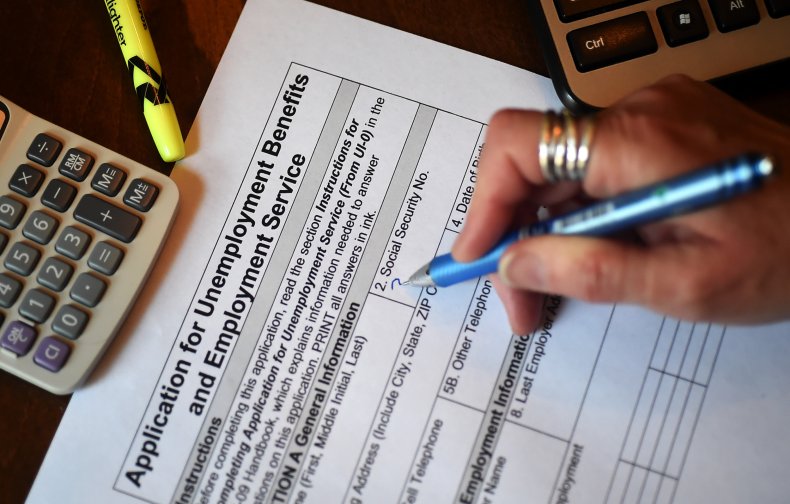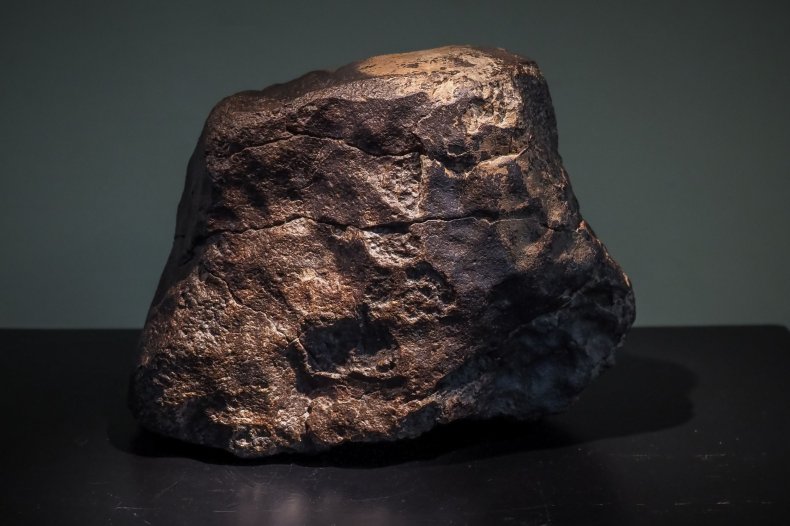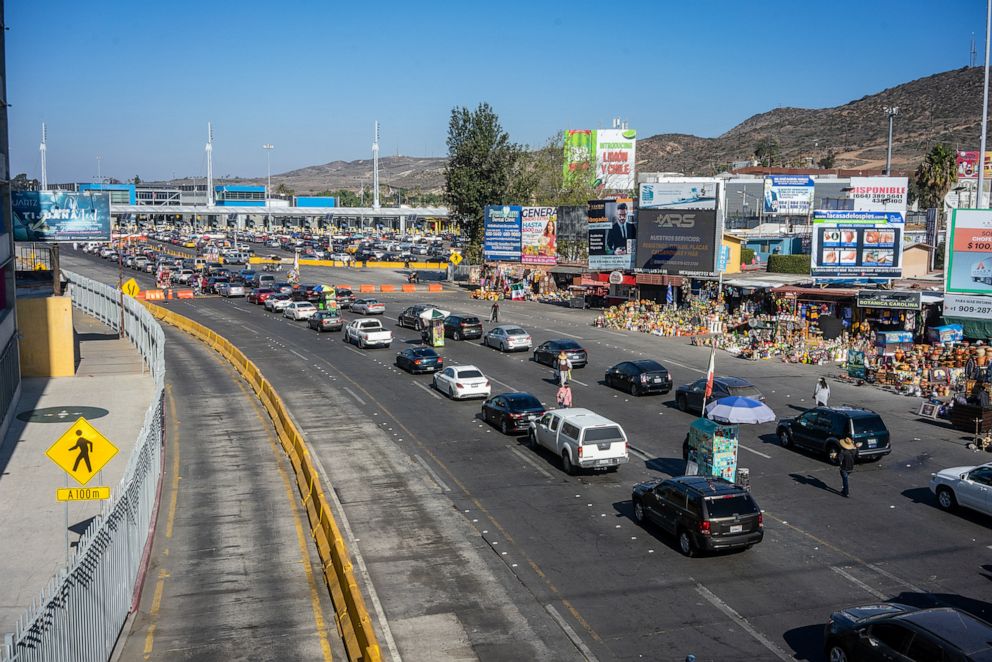53 Maine Prisoners Sue State After Losing Nearly $200K in Unemployment Benefits
BY AARON MCDADE
ON 1/3/22
The U.S. 1st Circuit Court of Appeals in Boston heard arguments Monday in a lawsuit brought by inmates in Maine who were in prison when they lost their work-release jobs because of the pandemic but were denied unemployment benefits when the payments were halted by the governor and instead placed in a state trust.
The 53 prisoners received and subsequently lost just under $200,000 in unemployment benefits. They sued in the summer of 2020 on the basis that their 14th Amendment rights were violated when the benefits were seized without due process, according to the Bangor Daily News.
The inmates said that after the work-release program was halted as COVID cases began spreading in the early months of the pandemic, prison officials encouraged them to file for the benefits, as they were as entitled to them as anyone else who lost their job due to the pandemic in the state.
The state's attorney general determined the benefits going to inmates was legal before Governor Janet Mills stopped the payments and seized the money that had already gone out, calling it "bad public policy" to send the inmates the payments while others in the state were struggling to receive unemployment benefits weeks after filing for them.
"The central argument that we've made all along is that these individuals should have had some sort of notice or hearing before their benefits were taken," said Carol Garvan, an attorney for one of the inmates who argued the case on Monday.
In March 2021, a federal judge dismissed the lawsuit, ruling that because the prisoners were not using the benefits for necessities because they were incarcerated at the time, their due process could not be violated by the seizure of the funds without a hearing, the Bangor Daily News reported.

The U.S. 1st Circuit Court of Appeals in Boston heard arguments Monday in a lawsuit brought by inmates in Maine who were in prison when they lost their work-release jobs because of the pandemic but were denied unemployment benefits when the payments were halted by the governor and instead placed in a state trust.
The 53 prisoners received and subsequently lost just under $200,000 in unemployment benefits. They sued in the summer of 2020 on the basis that their 14th Amendment rights were violated when the benefits were seized without due process, according to the Bangor Daily News.
The inmates said that after the work-release program was halted as COVID cases began spreading in the early months of the pandemic, prison officials encouraged them to file for the benefits, as they were as entitled to them as anyone else who lost their job due to the pandemic in the state.
The state's attorney general determined the benefits going to inmates was legal before Governor Janet Mills stopped the payments and seized the money that had already gone out, calling it "bad public policy" to send the inmates the payments while others in the state were struggling to receive unemployment benefits weeks after filing for them.
"The central argument that we've made all along is that these individuals should have had some sort of notice or hearing before their benefits were taken," said Carol Garvan, an attorney for one of the inmates who argued the case on Monday.
In March 2021, a federal judge dismissed the lawsuit, ruling that because the prisoners were not using the benefits for necessities because they were incarcerated at the time, their due process could not be violated by the seizure of the funds without a hearing, the Bangor Daily News reported.

An appeals court heard arguments Monday in a lawsuit over 53 Maine inmates having nearly $200,000 in unemployment benefits seized after losing their work-release jobs because of the pandemic. Above, a person files an application for unemployment benefits on April 16, 2020, in Arlington, Virginia.OLIVIER DOULIERY/AFP VIA GETTY IMAGES
All told, the prisoners received $198,767 in unemployment benefits with an average amount of $3,750 before the governor intervened to stop the payments.
The benefits included an extra $600 per week through the Pandemic Unemployment Assistance program.
Garvan's client worked as a restaurant cook in a work-release program while incarcerated at Bolduc Correctional Facility in Warren, Maine.
The prisoner received more than $10,000 in unemployment benefits. About $8,400 of that was in enhanced benefits provided by Congress. He has since been released from prison.
In putting a stop to the benefits, the governor found the payments to be "appalling and to be bad public policy" and said they should be reserved for Mainers "struggling to pay for basic necessities."
The Associated Press contributed to this report.
All told, the prisoners received $198,767 in unemployment benefits with an average amount of $3,750 before the governor intervened to stop the payments.
The benefits included an extra $600 per week through the Pandemic Unemployment Assistance program.
Garvan's client worked as a restaurant cook in a work-release program while incarcerated at Bolduc Correctional Facility in Warren, Maine.
The prisoner received more than $10,000 in unemployment benefits. About $8,400 of that was in enhanced benefits provided by Congress. He has since been released from prison.
In putting a stop to the benefits, the governor found the payments to be "appalling and to be bad public policy" and said they should be reserved for Mainers "struggling to pay for basic necessities."
The Associated Press contributed to this report.











